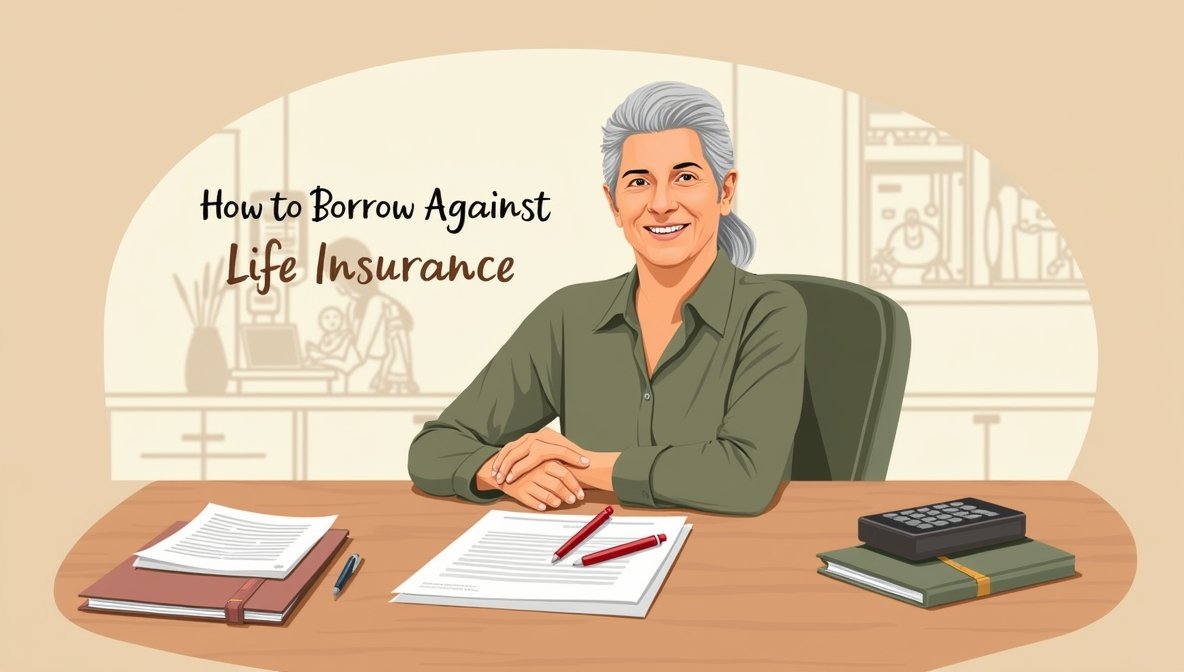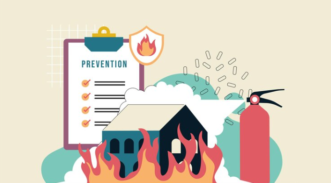Money you get when you need it. No credit checks. No awkward meetings at the bank. No begging. Just cash, pulled straight from your life insurance policy. Sounds easy, right?
It is. But only if you have the right kind of life insurance.
If you’ve got term life insurance, forget it. That policy is a rental. Cheap, temporary. Covers you for a while, then vanishes. No cash value. No borrowing. Just gone. But if you’ve got whole life or universal life insurance, you’re sitting on something different. Something permanent. And something with cash value.
Also Read: Is Volkswagen a Good Dividend Stock? Let’s Find Out!
KEY TAKEAWAYS
Easy cash—No applications, no questions, no waiting.
Whole and universal life only—Term life? Useless for this.
Lowers your death benefit—Die before paying it back? Your heirs get less.
Interest applies—Ignore it too long, and the policy self-destructs.
Policies You Can Borrow From
Whole life. Universal life. These are the big leagues. More expensive than term. But unlike term, they don’t expire—as long as you keep paying.
Each time you pay your premium, a little extra piles up. This is your cash value, growing like a slow, steady secret bank account. The insurance company holds onto it, earning interest.
Sounds great, right? Until you realize the truth.
This cash value isn’t extra money. It doesn’t make your policy more valuable. It doesn’t add to your death benefit. It just sits there. And if you die, guess what? Your insurance company keeps it.
So, what can you do? You borrow against it.
Take out a loan. The insurance company hands you the money—no questions, no approval process. You spend it however you want. But if you don’t pay it back, the interest keeps growing. Keeps eating away at your policy. Let it go too long, and boom—your policy collapses. No life insurance. No death benefit. Just debt.
Also Read: How to Price a Business for Sale: A Complete Guide
How a Life Insurance Loan Works
This isn’t a bank loan. This isn’t a credit card. You’re borrowing from yourself. More specifically, from the cash value of your whole life or universal life insurance policy. The money is already yours, locked away in a vault with your name on it. The insurance company just lets you use it—for a price.
Here’s the good part:
No credit check. No one cares if you have a terrible credit score.
No approval process. You ask. They hand over the cash.
No taxes. The IRS doesn’t see it as income, so they stay out of your business.
Here’s the part they don’t tell you:
It’s not free. You pay interest on your own money.
No deadlines—but don’t get comfortable. Let the loan grow too big, and your policy collapses.
Die with debt? Your family gets less. That nice death benefit? Shrunken. Sliced up.
Paying Back the Loan
The insurance company won’t send you scary letters. Won’t bang on your door. Won’t report you to the credit bureaus. They don’t need to.
Because the loan feeds on itself. Interest adds to the balance. The balance eats up your cash value. If the loan gets too big, your policy implodes. Boom. You lose coverage. And when that happens, guess what? Taxes. Suddenly, the IRS shows up, demanding money on what was supposed to be tax-free.
Insurance companies know people are careless. They’ll give you chances to fix it, to pay it back, to keep things running. But if you ignore it too long, you lose everything.
And if you die before you pay it off? The insurance company takes their cut before your family gets a penny.
So that life insurance you bought to protect your family? The one that was supposed to pay for their future, their house, their dreams? It just became your personal ATM, and your family is left with whatever’s left.
Also Read: Ways to Make Money as a 14 Year Old Online
How Much Can You Borrow?
It depends. Every insurance company has different rules. But in general, you can borrow up to 90% of your policy’s cash value. That’s almost everything. But just because you can doesn’t mean you should.
Because the real question isn’t how much you can borrow. It’s how much you can afford to lose.
How Soon Can You Borrow Against a Life Insurance Policy?
Not right away. You don’t just buy a policy, walk out, and grab a pile of cash. That’s not how this works.
Your life insurance policy is like a piggy bank, but a really slow one. It takes years to fill up. You make payments. A little cash value builds up. Then one day—if you’ve been patient—you have enough money in there to borrow against.
How long? Depends. Could be three years. Could be ten. Depends on your policy, your payments, how your insurance company plays the game. The longer you wait, the bigger your stash. But if you’re thinking about borrowing right away—forget it.
Also Read: How to Approach a Stock Analysis for a College Club
Which Types of Life Insurance Policies Can You Borrow Against?
Not all life insurance is created equal. If you have permanent life insurance, like whole life or universal life, you’re in business. These policies build cash value. They’re more expensive than term life, but they stick around forever (as long as you pay).
Term life? Useless for borrowing. It’s cheaper, temporary, and when the time’s up, it’s gone. No cash value. No borrowing. Just poof. Want to borrow against a term policy? You might as well try taking out a loan against your shadow.
Can I Borrow Against a Term Life Policy?
No. Term life insurance is pure protection. It’s like renting an apartment. You pay every month, and if you stop, it disappears. No savings, no borrowing, no cashback.
With permanent life insurance, you’re not just renting—you’re buying. You build something. Something with value. Something you can borrow against.
But term life? You pay, and when the time’s up, the insurance company keeps the money. End of story.
Also Read: The Barnes Family at the NYSE: Five Generations of Grit and Glory
Are Life Insurance Loans Real?
Life insurance loans sound easy. Sounds like free money. But nothing is free. Your insurance company lends you money, using your own policy as collateral. You don’t actually withdraw anything. The cash value keeps growing, but now there’s interest.
And if you don’t pay it back? The loan grows. Your policy collapses. The IRS shows up. And if you die first? Your family gets stuck with a shrinking death benefit. So yeah, borrow if you have to. But know what you’re signing up for. Because this piggy bank bites.




